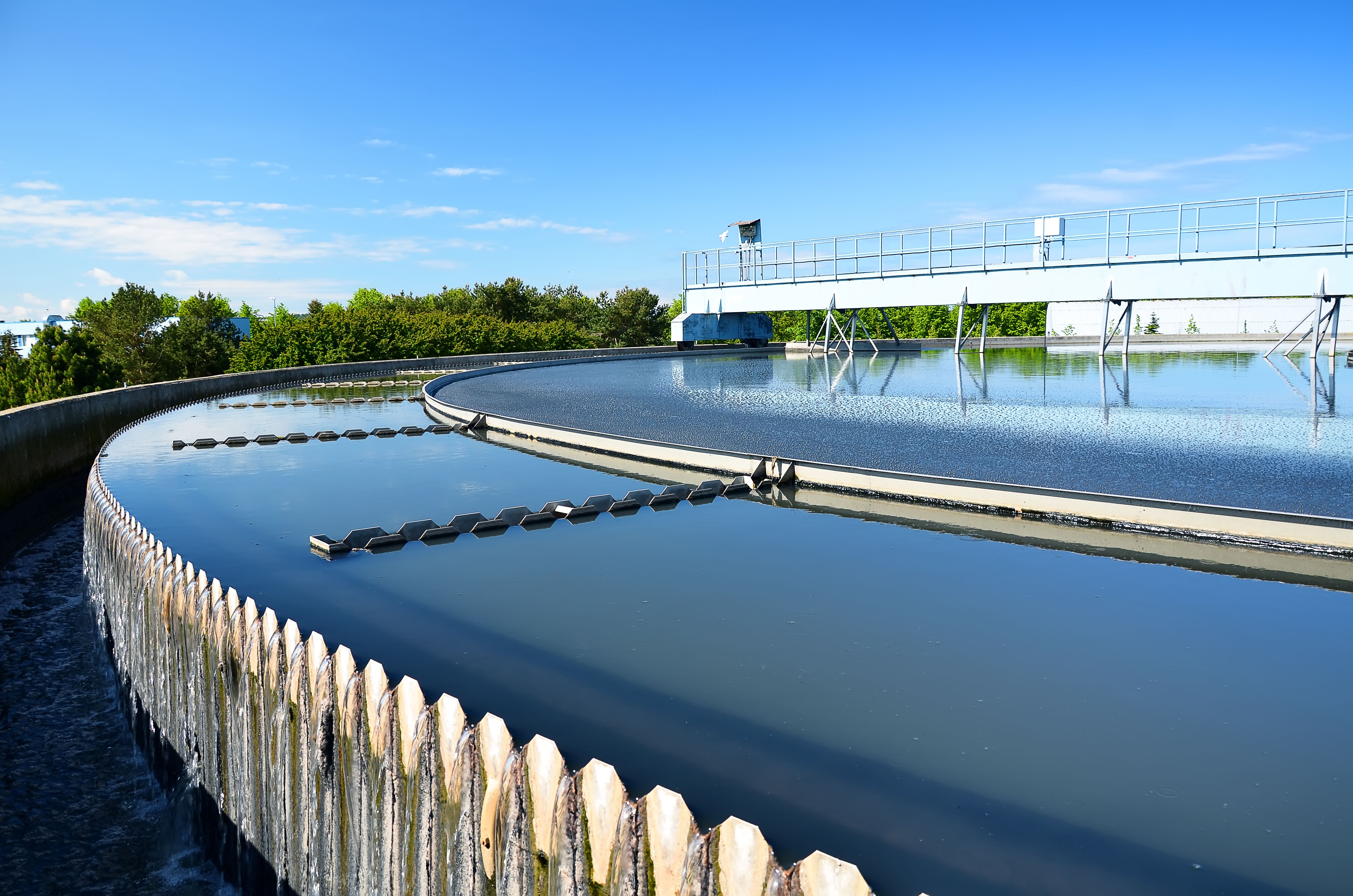Urban Sanitation and Wastewater
The Sustainable Development Goals demand that we halve the amount of untreated wastewater and ensure universal access to adequate sanitation

The main actors
Government
Develops laws to ensure water and wastewater throughout the entire water cycle does not compromise interests of the society as a whole, as well as environmental health. Ambitious laws and committing to international agreements is key to moving forward. A main challenge is often that the area of sanitation and wastewater does not have a clear lead as the responsibility is divided between different ministries and departments – for example health and environment. Collaboration between these parties together with a clear lead is essential to achieve success.
Cities and Local Authorities
Political commitment and prioritization of sanitation from cities and local authorities is important for ensuring local progress and efficient implementation. Of importance is to acknowledge that sanitation needs to be part of urban planning, and the co-benefits from integrated solutions. An example of growing importance is nature based solutions, that not only can treat or stores wastewater but also have recreation value, raise awareness, and allow for resource recovery on a local level (as replenishing urban water bodies or be used for irrigation for urban farming).
Regulators
Enforcing regulations and ensuring on a more detailed level, to assure an ambitious agenda is followed. Again, collaborations across departments is crucial as well as a clear lead when it comes to responsibility, to ensure sanitation coverage is increased in an equitable manner and that circular economy solutions are promoted and encouraged. Clear guidelines and standards on emissions and water quality for reuse is an important incentive.
Utilities
Engage on a day to day basis with citizens for complaints, leakages, etc. and lead actor to increase coverage and safeguarding the more vulnerable in the society are taken into account, for example urban poor in informal settlements. Utilities are required to follow regulations but examples also exist where utilities have been moving forward with innovative approaches (for example for resource recovery and reuse) and legislation have followed afterwards. Close partnerships with city leaders is important to ensure integrated approaches, as well as that possible decentralised systems are included in the overall planning, operation and management.
Industry
As large water users, water polluters and potential customers for materials – industry is a key actor for wastewater, especially for moving towards resource recovery and a circular economy. A growing awareness of environmental risk means industry leaders are increasingly looking for ways to reduce their water footprint and minimise environmental degradation. Water cascading between industries is an excellent way to collaborate on wastewater and to move towards a circular economy while cutting costs, as the wastewater from one industry with no or little treatment can be fit for purpose for another industry.
Water Resource Managers
Integrated planning for all users and taking into account that all water has a quality that is fit for purpose. Agriculture will often be the largest user of water, but potable water quality is in many cases not required and recycled water is generally an important piece to manage water wisely within a basin.
Subscribe to our newsletters
IWA and sector updates
to your inbox
Follow us